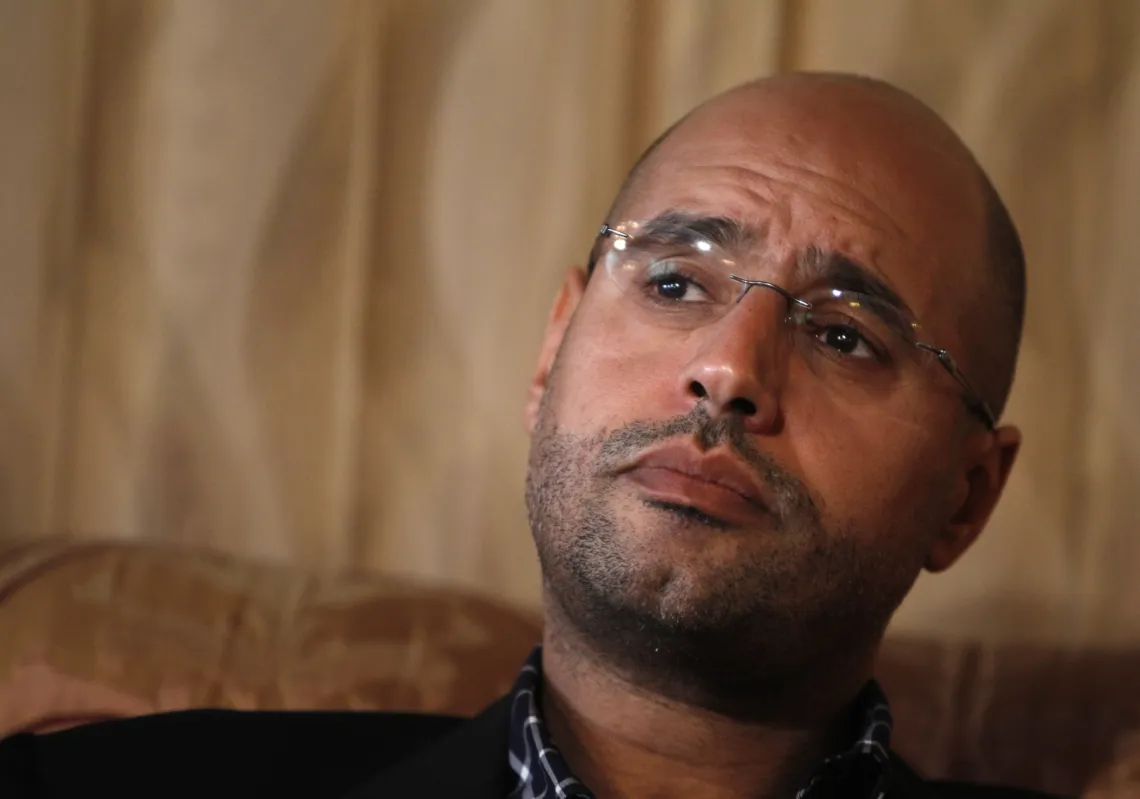Turkish President Recep Tayyip Erdogan’s one day visit to Germany, the first since 2020, came at a time of important developments both in terms of bilateral and international relations. Erdogan and Chancellor Olaf Scholz of Germany, held discussions over a full agenda. The joint press conference before their meeting was mainly on Israel's military venture in Gaza.
President Erdogan, who urged fellow Muslim countries to put pressure on the USA, Germany and others supporting Israel, used his visit to do just that. The two leaders agreed on a two state solution and protection of civilians but their differences on the rest were deep.
Like many others, Germany is also appreciative of Turkey’s role in the war in Ukraine, especially the part it played in the grain deal, but on Gaza, the other major international crisis, it is a different case.
Read more: Gaza war shows heightened risk of escalation in the region
Germany is unequivocally on Israel's side. It is against calling for a cease-fire, citing the hostages held by Hamas in Gaza and Israel’s security. Turkey, on the other hand, has stood by the Palestinians in the strongest terms. While Germany, like many other countries, considers Hamas a terrorist organization, Erdogan describes it as a political movement, fighting for the liberation of its homeland. Erdogan has blamed Germany and other European Union countries for failing to speak out against Israel's targeting of civilians.
Tortuous road to join the EU
As always, the future of Turkey-EU relations has been an important agenda item during Erdogan-Scholz talks, especially as the meeting took place days before the European Commission was due to release a report on Turkish membership.
Turkey is geopolitically a very important country for the EU. There are many issues of common interest and cooperation, but Turkey’s bid for EU membership has stalled and negotiations have frozen since 2019.
Read more: Turkey turns 100: A moment of pride at a challenging time for the nation
Uneasy bilateral relations between Turkey and several EU members have played a major role in that. Germany is a key EU member with significant influence on Turkey’s membership process and despite many common interests and bonds, it has always been wary of Turkey’s membership. Germany affirms Turkey’s status as an EU candidate country but considers its accession negotiations as “open-ended”.












